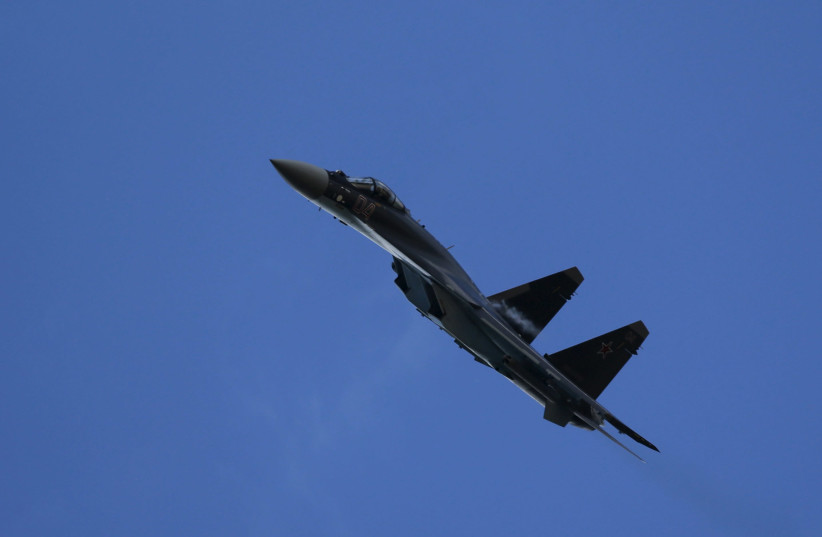A Russian surveillance aircraft conducted an extensive intelligence-gathering mission by flying over a United States base in Syria last Friday, according to CNN, citing a senior US defense official.
The aircraft in question was identified as an Antonov AN-30, which repeatedly flew back and forth over the At-Tanf garrison and its surrounding area.
While the US and Russia often engage in intelligence collection on each other, this particular event was noteworthy due to its direct occurrence above a US base.
According to the defense official, the US was unable to intercept the manned surveillance aircraft due to the positioning of US assets at the time.
The US follows daily flight patterns based on the availability of fighters and tankers for refueling, as well as the ongoing activities in Syria and Iraq.

These flight schedules are intentionally varied to avoid predictability, making it difficult for Russia to anticipate any gaps in US military airspace coverage.
Russian aircraft violated standard distance protocols
While the incident was deemed unprofessional as the Russian aircraft violated the standard distance protocols between aircraft, the defense official clarified that it was not as reckless as previous encounters.
The US maintains regular communication with Russia through the deconfliction line established for military operations in Syria. While tensions occasionally arise over perceived Russian aggressiveness, the line of communication has remained open.
The defense official further acknowledged that the US has utilized drones from Task Force 99, a specialized group focused on employing emerging technologies for surveillance missions in the region.
Despite the recent uptick in aggressive Russian flights, there is no indication of a willingness from either side to escalate tensions or engage in direct confrontation.
The official expressed confidence that Russia is not expected to target US troops or aircraft with violence.
However, the official noted a qualitative difference in how Russian military flights in Syria interact with US aircraft, which may be influenced by growing Iranian influence in the region and a desire to reduce American presence.
The incident underscores the ongoing tensions and complexities in the region, as multiple countries view for influence and strategic control.
Additionally, the US has been actively monitoring the maritime domain in the Middle East to deter potential Iranian aggression. Recent interventions by the US Navy prevented Iranian Navy attempts to seize oil tankers in the Gulf of Oman.
To enhance deterrence capabilities, the US has deployed A-10 attack aircraft and, more recently, F-16 fighter jets for maritime patrols over the crucial Strait of Hormuz.
